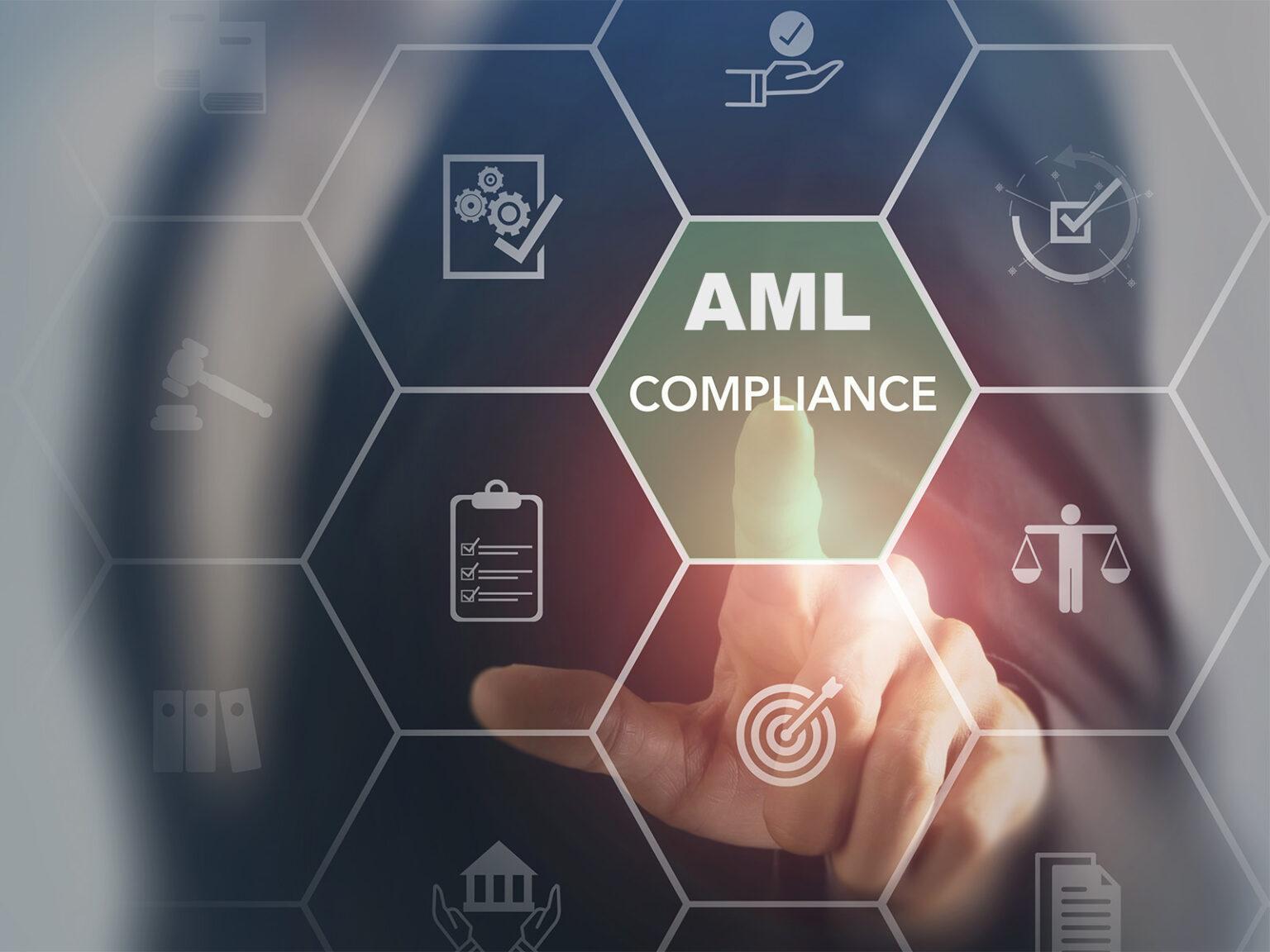In the financial sector, AML and compliance are two of the most important pillars that protect businesses from legal and reputational risks. Companies, especially those in highly regulated industries, must adhere to strict guidelines to prevent financial crimes like money laundering, fraud, and terrorist financing. When organizations commit to building strong compliance systems, they not only meet regulatory requirements but also build trust with customers and stakeholders.
In today’s rapidly evolving financial environment, regulatory bodies expect businesses to adopt proactive measures. AML and compliance are not just about following the law, they are about fostering a culture of integrity and accountability. Financial institutions, fintechs, and even small businesses are expected to implement programs that detect suspicious transactions, verify customer identities, and report unlawful activities.
Why AML and Compliance Matter
The goal of AML and compliance programs is to stop illegal money from entering the legitimate financial system. When businesses fail to take these measures seriously, they can face hefty fines, lawsuits, and, in some cases, lose their operating licenses. More importantly, failing to comply puts the entire financial ecosystem at risk, as it allows criminal networks to exploit weaknesses in the system.
In a competitive business hub like New York, NY, companies are under even more pressure to maintain compliance because regulators in this region are known for their strict oversight. A strong compliance program not only safeguards against penalties but also protects a company’s reputation, which is often its most valuable asset.
Key Components of a Successful AML and Compliance Program
A good compliance framework is structured, consistent, and regularly updated. Some of the essential components include:
-
Customer Due Diligence (CDD): Businesses must verify who their clients are before offering services.
-
Transaction Monitoring: Detecting unusual patterns that may signal suspicious activity.
-
Reporting and Record-Keeping: Documenting suspicious transactions and sharing them with regulatory authorities.
-
Employee Training: Ensuring staff understand their roles and responsibilities when it comes to compliance.
-
Ongoing Risk Assessments: Continuously evaluating vulnerabilities in the business model.
These steps are designed to ensure businesses remain compliant with national and international regulations.
The Business Benefits of AML and Compliance
Many businesses see compliance as a cost, but it should be viewed as an investment. A well-implemented compliance program can:
-
Reduce operational risks.
-
Build customer trust and loyalty.
-
Attract investors who value corporate governance.
-
Protect against reputational damage.
For businesses operating in New York, NY, being seen as compliant can also open the door to partnerships with larger corporations and financial institutions.
Best Practices for AML and Compliance
To stay ahead of regulatory requirements, businesses should consider:
-
Automating compliance processes with technology.
-
Scheduling regular audits to ensure adherence to policies.
-
Updating compliance frameworks as regulations evolve.
-
Collaborating with compliance experts who understand local and international laws.
One company that helps businesses navigate this process is FinGuru360 New York, NY, offering consulting and tailored solutions for businesses of all sizes.
The Future of AML and Compliance
With technology advancing rapidly, the future of compliance is likely to include even more automation and AI-powered monitoring systems. These tools will make it easier to detect suspicious activities in real time and reduce human error.
In conclusion, building a robust compliance framework is no longer optional, it's a necessity. By prioritizing anti money laundering compliance, businesses can stay ahead of regulators, safeguard their reputation, and protect the integrity of the financial system.
FAQs
Q1: What is AML in simple terms?
AML stands for Anti-Money Laundering, which refers to the set of laws, regulations, and processes that aim to stop criminals from disguising illegally obtained money as legitimate income.
Q2: Why is compliance important for businesses?
Compliance helps businesses avoid legal penalties, maintain trust with customers, and build a positive reputation in the market.
Q3: How often should compliance programs be updated?
Compliance programs should be reviewed and updated at least annually, or whenever there are significant regulatory changes.
Q4: Can small businesses benefit from AML compliance programs?
Yes! Even small businesses can face risks of fraud and money laundering, so having a compliance program in place is essential for protection and growth.

Join our community to interact with posts!